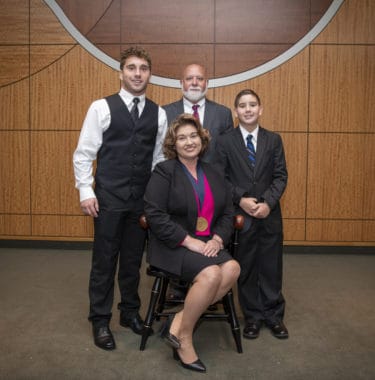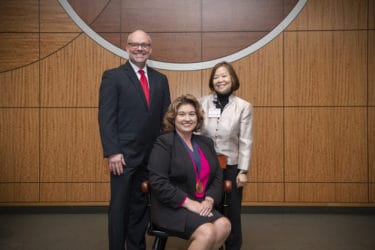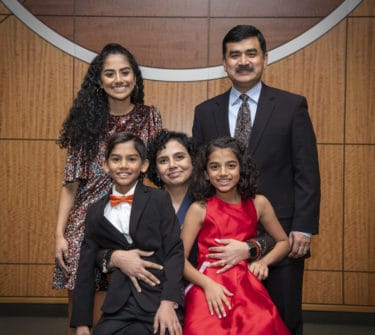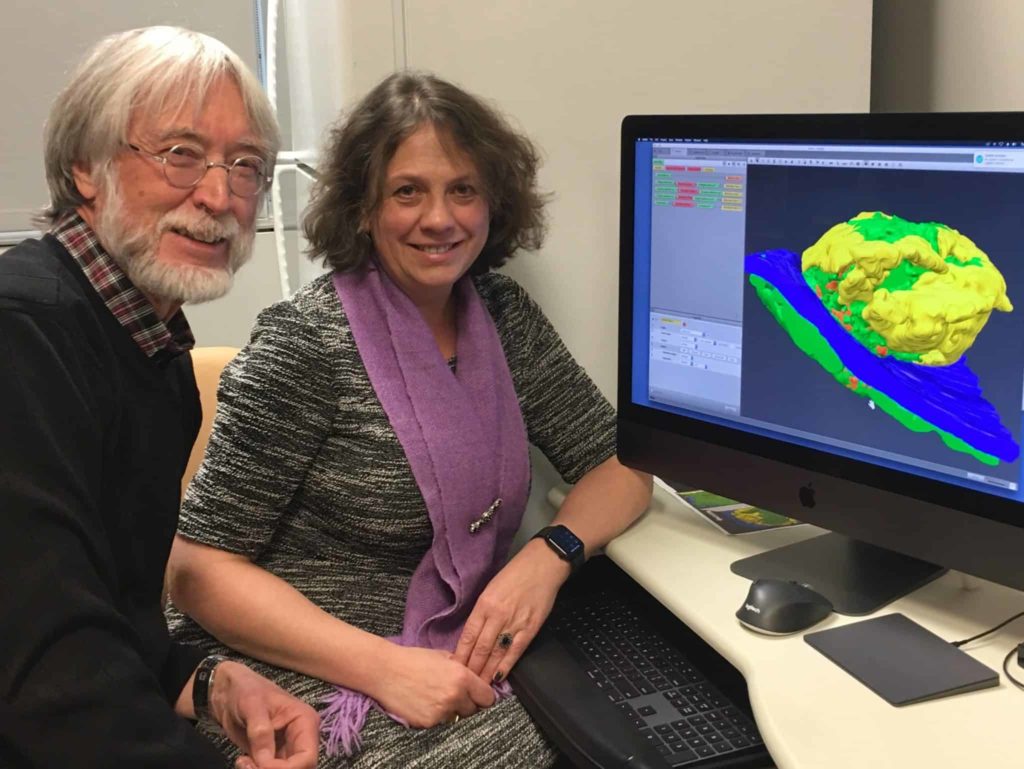By Spencer Watson
Paul H. Phillips, M.D., has been appointed chair of the Department of Ophthalmology in the College of Medicine and director of the Harvey & Bernice Jones Eye Institute at the University of Arkansas for Medical Sciences (UAMS).
“Dr. Phillips brings exceptional strengths to his new post as a highly respected leader in pediatric ophthalmology, strabismus, and neuro-ophthalmology, and as a member of our faculty for the past 22 years,” said Christopher T. Westfall, M.D., executive vice chancellor of UAMS and dean of the College of Medicine. “He is widely known for his expertise and compassion in treating children and adults and has also garnered accolades for his teaching, mentoring, and contributions to research.”
Phillips was chosen after a national search was conducted to succeed Westfall, who stepped down as chair of the department in August 2018 to become dean of the College of Medicine.
“The Jones Eye Institute has a history of exceptional leadership under Dr. John Shock and Dr. Westfall, serving the people of Arkansas with world-class research and eye care. I am honored to be included among that company,” said Phillips. “I am also grateful for the opportunity to serve in a leadership capacity within the Department of Ophthalmology as it provides the very best in education and training for tomorrow’s ophthalmologists.”
Phillips was recruited to UAMS in 1997 and has held the rank of professor since 2008. He has served as chief of pediatric ophthalmology at Arkansas Children’s Hospital since 2006 and as director of the Ophthalmology Residency Program since 2015. He became the inaugural holder of the Stella Boyle Smith/Gissur J. Petursson, M.D., Chair in Ophthalmology in 2009.
Phillips graduated summa cum laude with his medical degree from State University of New York at Buffalo Medical School in 1989. He interned at Hartford Hospital in Connecticut and completed his ophthalmology residency at the University of Florida Eye Center in Gainesville. He continued his training with a fellowship in neuro-ophthalmology at Emory University Eye Center in Atlanta, followed by a fellowship in pediatric ophthalmology and strabismus at the Wilmer Institute at Johns Hopkins School of Medicine in Baltimore.
Phillips has been certified by the American Board of Ophthalmology since 1995. He is a member of the American Academy of Ophthalmology (AAO), the North American Neuro-Ophthalmology Society, and the American Association for Pediatric Ophthalmology and Strabismus (AAPOS). He is a recipient of the AAO Senior Achievement Award and the AAPOS Honor Award and serves as senior associate editor of the Journal of AAPOS. He is president of the Consortium of Pediatric Neuro-Ophthalmologists.








